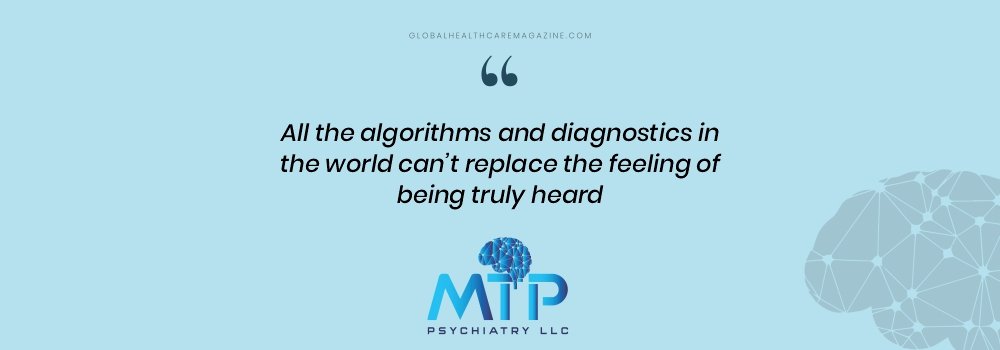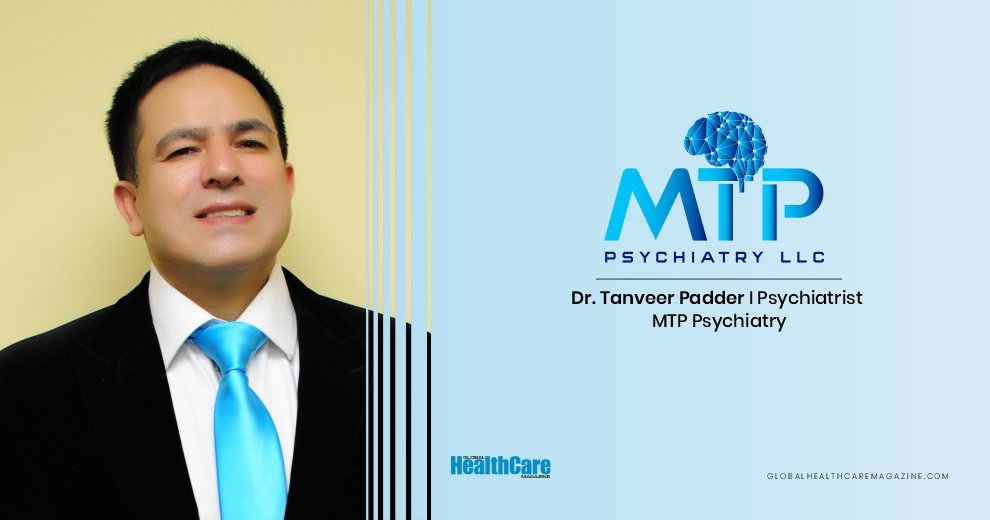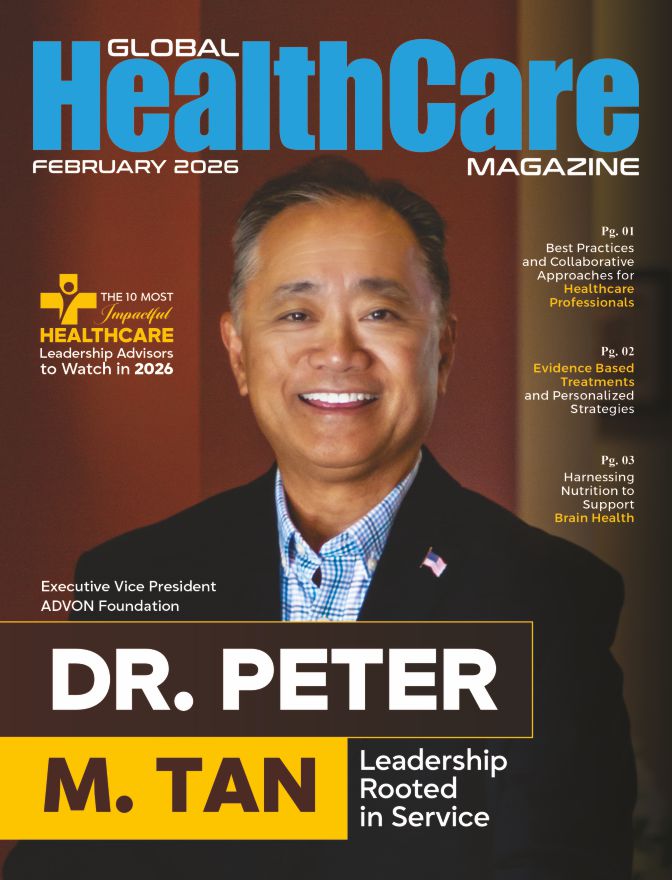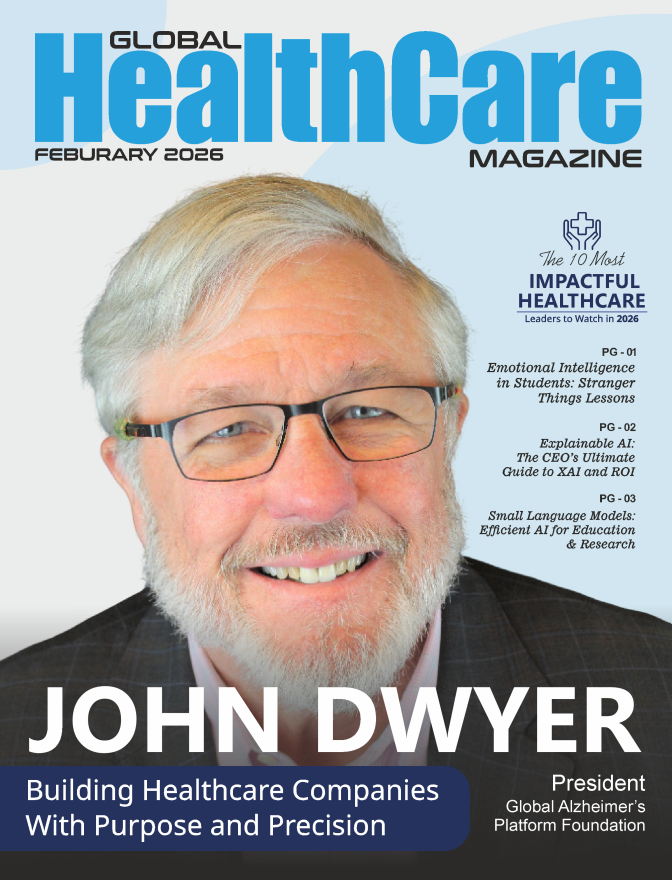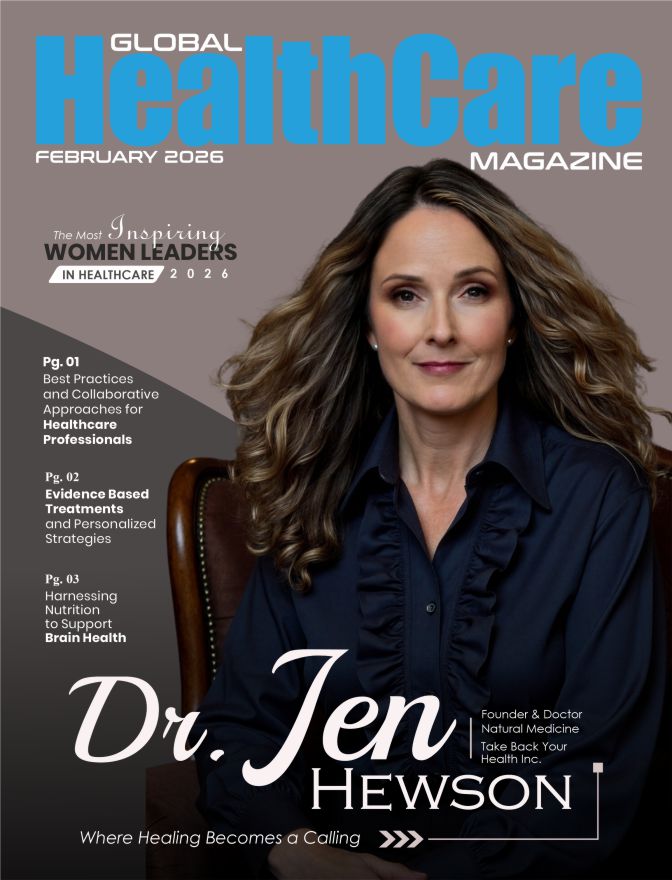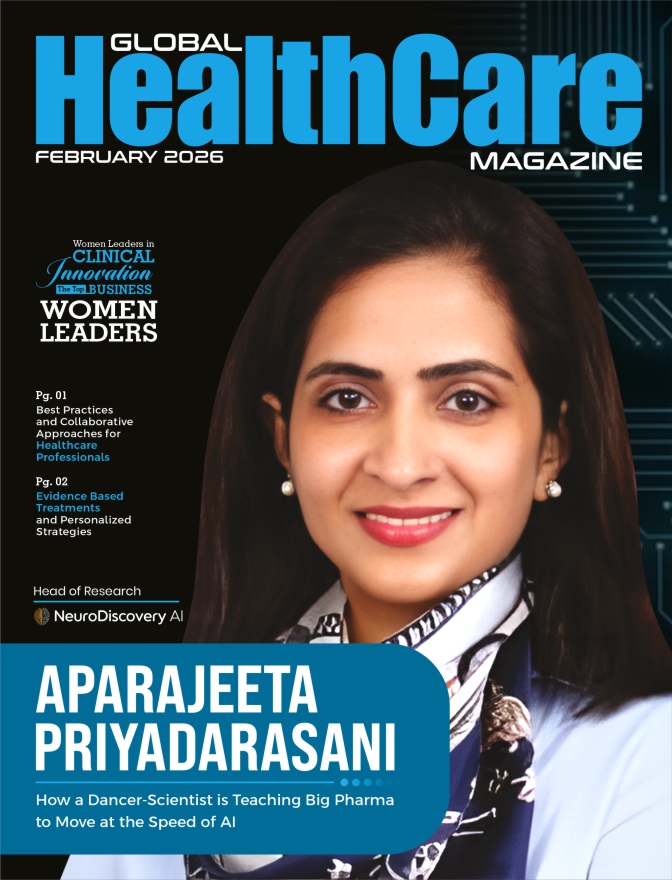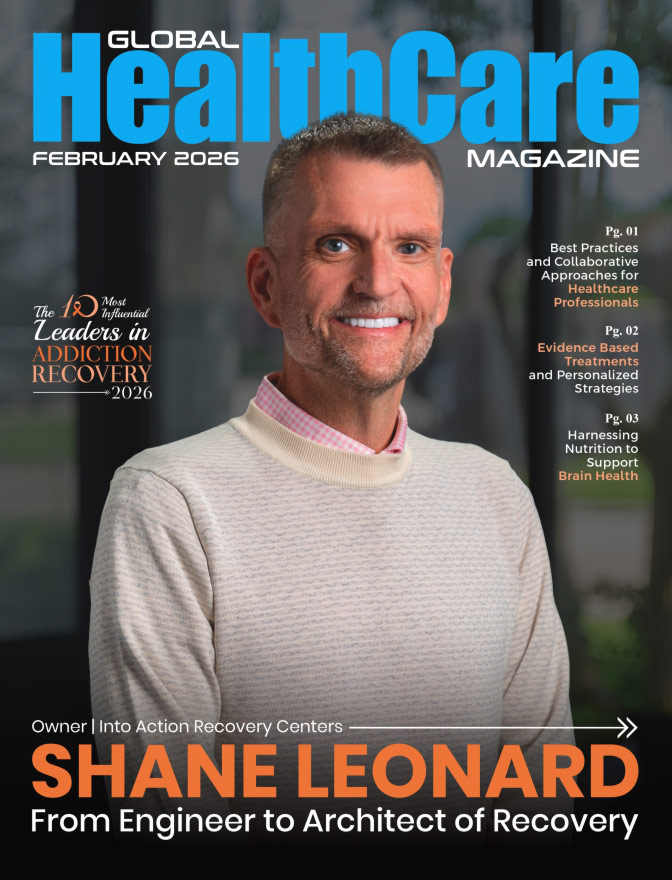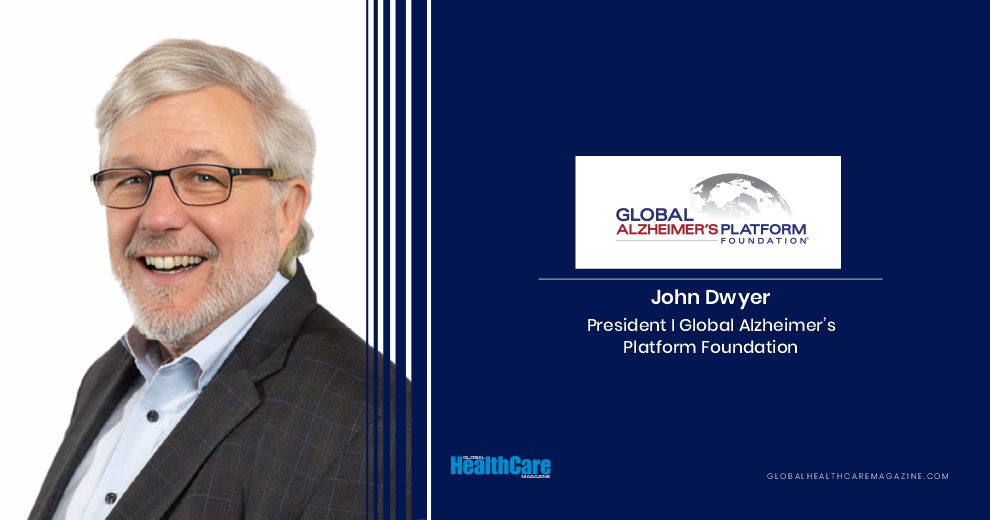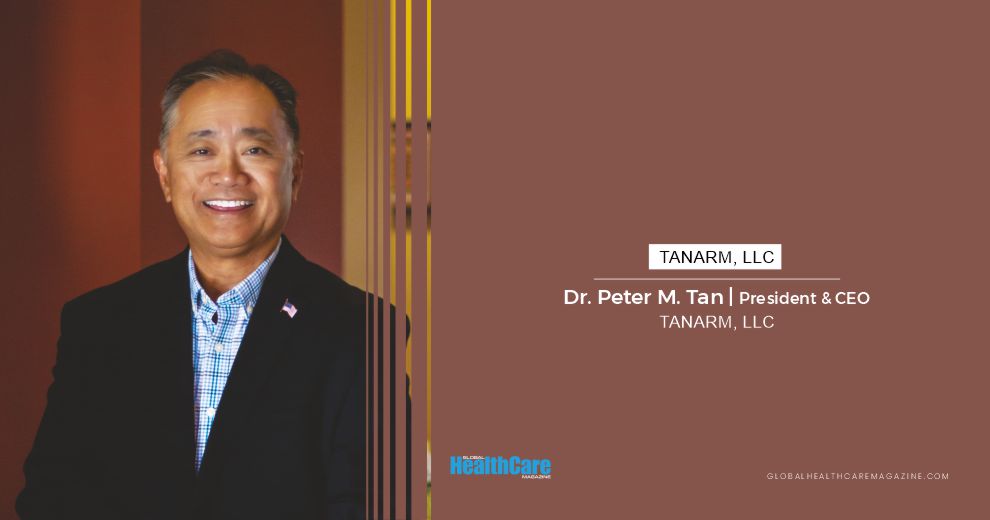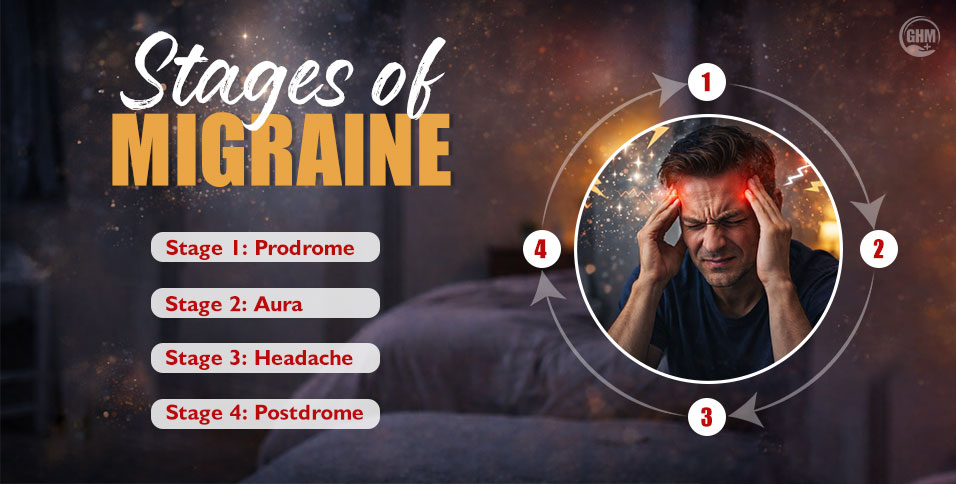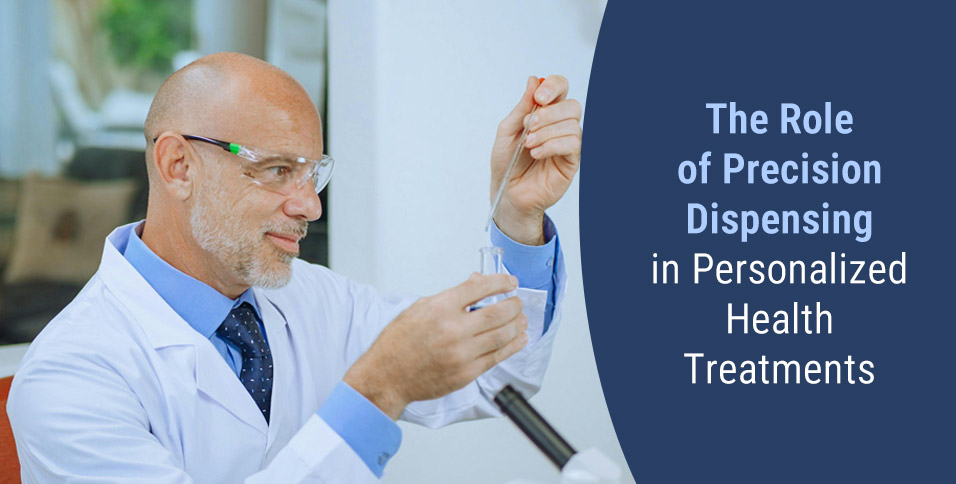The Silent Crisis: Mental Health in the 21st Century
Mental health remains one of the most under-addressed and misunderstood crises of the modern world. According to the World Health Organization, more than 264 million individuals suffer from depression globally, with millions more battling anxiety disorders, bipolar disorder, schizophrenia, and substance use disorders. Despite growing awareness and advocacy, the systemic gaps in mental health care—especially in underserved, rural, and marginalized communities—remain profound.
Accessing psychiatric care often means overcoming a daunting array of barriers: long waitlists, provider shortages, insurance complications, cultural stigma, transportation limitations, and a lack of trained clinicians. In low-income neighborhoods, correctional facilities, and remote tribal lands, the wait for care can stretch for months, if it arrives at all. The financial cost is staggering—over $1 trillion in annual lost productivity—but the human cost is incalculable: broken families, preventable deaths, and communities left behind.
A Life Transformed: Sarah’s Story
Sarah, a single mother living in rural Appalachia, struggled with anxiety and depression for years. She found herself without access to specialized mental health care. The closest psychiatrist was three hours away—a trip she could not afford as the sole caregiver to two young children. Isolated and overwhelmed, Sarah had nearly lost hope—until she was referred to a telepsychiatry program led by Dr. Tanveer Padder. Through weekly virtual sessions, Sarah was able to access high-quality psychiatric care from the safety of her home. “It was like someone finally saw me,” she said. Her transformation reflects the broader mission of Dr. Padder’s career: to deliver accessible, empathetic, evidence-based care regardless of a patient’s zip code or socioeconomic status.
A Physician Driven by Equity, Evidence, and Empathy
Dr. Tanveer A. Padder is a distinguished, triple board-certified psychiatrist, psychopharmacologist, and addiction medicine specialist whose transformative work in mental health care has touched countless lives across diverse clinical and cultural landscapes. With over 20 years of dedicated service, Dr. Padder has not only excelled as a clinician but has also become a leading voice in integrating evidence-based medicine with technology-driven, patient-centered approaches. His career reflects an unwavering commitment to delivering high-quality mental health care that is equitable, accessible, and deeply empathetic.
From rural towns to high-volume emergency rooms, correctional institutions to underserved inner-city clinics, Dr. Padder has consistently delivered psychiatric care to populations most at risk and least likely to receive specialized treatment. He brings a rare combination of academic excellence, cultural sensitivity, and real-world pragmatism to each clinical setting. His approach is guided by three core principles:
- Equity—ensuring all patients, regardless of background, have access to appropriate care
- Evidence—grounding interventions in rigorous, up-to-date scientific research
- Empathy—honoring the lived experiences of each patient while tailoring treatment to individual needs
As a psychopharmacologist, Dr. Padder has a deep understanding of the complexities of medication management, especially in co-occurring disorders and treatment-resistant cases. He is the author of the Practical Guide to Psychiatric Medications, a best-selling clinical manual used by psychiatrists, nurse practitioners, and trainees across the United States. His innovations also extend into telepsychiatry, digital therapeutics, and artificial intelligence in behavioral health—areas where he continues to push boundaries and shape the future of psychiatry.
“People don’t choose to be mentally ill,” Dr. Padder says. “But too often, our systems treat them like statistics. My goal has always been to rebuild trust and dignity in care—one patient, one community at a time.”
Expanding Access: Meeting Patients Where They Are
Dr. Padder’s career has taken him to the frontlines of some of the most challenging clinical environments—group homes, detox units, county jails, urban homeless shelters, and Native American reservations. In each setting, he adapts his approach to the unique context, ensuring that care is not just clinically effective but culturally relevant and emotionally resonant.
At MTP Psychiatry, his telepsychiatry initiative, Dr. Padder and his team deliver virtual psychiatric services to patients in remote and medically underserved regions. He trains clinicians to notice subtle environmental cues during virtual visits, such as disorganized rooms or the presence of children’s toys, signals that help clinicians assess family stress, safety, and emotional regulation in ways that go beyond the diagnostic checklist.
One powerful example is his work in correctional settings, where Dr. Padder introduced long-acting injectable antipsychotics to reduce medication non-compliance and relapse in individuals with severe mental illness. One such patient, John, repeatedly rejected oral medication due to side effects and peer stigma. After transitioning to a carefully monitored injectable regimen and receiving psychoeducation about his illness, John stabilized, joined vocational programs, and eventually reintegrated into society. “I feel human again,” he told his care team.
A New Paradigm in Addiction Medicine: Buprenorphine-Plus™
In his role as Medical Director at TIME Organization in Baltimore, Dr. Padder has redefined addiction treatment by blending pharmacology, therapy, and technology into a comprehensive protocol known as Buprenorphine-Plus™. While medication-assisted treatment (MAT) has become standard for opioid use disorder, Dr. Padder realized early that medication alone was not enough.
Buprenorphine-Plus™ is a multifaceted model that integrates:
- Buprenorphine-based MAT for craving and withdrawal
- Weekly cognitive behavioral therapy (CBT)
- Family therapy sessions
- Contingency management using incentives such as grocery or transportation vouchers
- A secure digital app for mood tracking, coping skill education, and direct messaging with counselors
The impact has been significant. Maria, a 28-year-old woman with heroin addiction and co-occurring PTSD, had failed multiple treatment programs. Under Buprenorphine-Plus™, she not only maintained sobriety but also resumed employment and regained custody of her children. Relapse rates among participants fell by 25%, while emergency room visits decreased by 33%.
“Medication sets the stage,” Dr. Padder says. “Support keeps the play running.”
ASKDRPADDER24/7™: Technology Meets Clinical Wisdom
Modern psychiatric crises often unfold in environments that cannot wait—emergency rooms, detox centers, and crisis units. Observing this gap firsthand, Dr. Padder developed ASKDRPADDER24/7™, an AI-enhanced psychiatric consultation platform designed for real-time decision-making. The app allows front-line clinicians to input patient symptoms, vitals, lab data, and clinical notes, and it rapidly generates evidence-based diagnostic suggestions, risk alerts, and dosing recommendations.
Unlike other decision-support apps, ASKDRPADDER24/7™ ensures all recommendations are reviewed by a licensed supervising psychiatrist, ensuring a hybrid model that leverages both AI efficiency and human oversight.
It is a game-changer because it provides:
- 24/7 evidence-based medication guidance
- Auto-generated documentation in under 90 seconds
- Real-time drug interaction checks and polypharmacy safety alerts
- Diagnosis verification with differentials and ICD-10 codes
- Patient education, including safety and side effect counseling
- Guided tapering, cross-titration, and transition protocols
- Laboratory testing and monitoring recommendations
- Comprehensive treatment plans for complex cases
- Step-by-step, guideline-based treatment plans for comorbid conditions, treatment-resistant presentations, and disorders without FDA-approved therapies
The next evolution of ASKDRPADDER24/7™ integrates data from wearable devices such as smartwatches, using heart rate variability and sleep data to detect early signs of mood dysregulation, substance relapse, or anxiety flare-ups.
“Technology should feel like a caring colleague,” Dr. Padder says. “Not a cold algorithm.”
Advancing Precision Psychiatry
A strong advocate for precision psychiatry, Dr. Padder has implemented a personalized medicine approach that uses pharmacogenetic testing and biomarker assessments to optimize treatment selection. Every patient at his clinic undergoes a genetic panel to determine how they metabolize psychiatric medications. For example:
- Poor metabolizers of SSRIs are started on lower doses
- Rapid metabolizers may require dose escalation or alternative agents
He also measures inflammatory markers like C-reactive protein (CRP) and interleukin-6 (IL-6) to guide antidepressant selection in patients with suspected inflammation-related depression. For treatment-resistant cases, he uses quantitative EEG (qEEG) mapping to inform interventions such as transcranial magnetic stimulation (TMS).
One such patient, a middle-aged man with treatment-resistant bipolar disorder, failed five medication trials over several years. Through pharmacogenetic analysis, Dr. Padder initiated a combination of low-dose clozapine and lithium, titrated weekly under close supervision. The patient stabilized, returned to full-time employment, and regained his sense of purpose.
Responsible Use of Ketamine and Psychedelic Therapies
Dr. Padder is also at the forefront of psychedelic-assisted psychiatric care. His clinic offers oral and sublingual ketamine therapy for patients with treatment-resistant depression (TRD). Combined with psychotherapy, this intervention has yielded promising results—over 60% of patients report a 50% or greater symptom reduction after just four sessions.
“Ketamine isn’t a miracle cure,” Dr. Padder emphasizes. “It’s a catalyst for deeper healing. Without therapy and safety nets, it’s just chemistry.”
He also participates as a clinical investigator in a multi-site Phase III psilocybin trial and supports other novel approaches, including stellate ganglion blocks for PTSD. His ethos is to balance innovation with caution, ensuring that patients receive not only the latest treatments but also the most ethical and supportive care environments.
Building the Workforce of the Future
Facing a projected shortage of over 15,000 psychiatrists by 2030, Dr. Padder launched the 360° Psychopharmacology Mastery Program—an immersive curriculum designed to train psychiatric nurse practitioners, physician assistants, and early-career psychiatrists. The program combines:
- Video-based learning modules
- Virtual simulations
- Live mentorship and supervision
- Real-world case reviews
Graduates of the program now serve in high-need areas, confidently prescribing advanced interventions like long-acting injectables, ketamine, and telepsychiatry-based care. One graduate, Kelly, now manages over 300 patients in rural Kentucky, bringing specialized care to an area that previously had none.
A Voice That Educates and Empowers
Dr. Padder is the author of the Amazon best-selling book Practical Guide to Psychiatric Medications, which distills complex psychopharmacology into clear, actionable insights. Used by clinicians, medical students, and patients alike, the guide has been translated into multiple languages and adopted by clinicians all across the world. The Book Authority of New York rated this as one of the top 20 psychopharmacology books in the world.
Key advice, such as “SSRIs take 4–6 weeks to work—watch for insomnia early,” reflects his commitment to bridging the gap between textbook knowledge and bedside application. Clinicians in resource-limited countries have praised the book as “a lifeline” for delivering mental health care where specialists are scarce.
Research That Matters
With over 50 peer-reviewed publications, Dr. Padder is actively engaged in cutting-edge research at the intersection of psychiatry, neurology, and artificial intelligence (AI). His current work focuses on several innovative domains, including:
- Cytokine-based subtyping of depression
- Trace amine–modulating antipsychotics
- Psilocybin and MDMA in treatment-resistant mood disorders
- Inflammation-guided antidepressant selection
Dr. Padder is pioneering the integration of AI into mental health care, developing tools that enhance psychiatric consultations, enable real-time clinical decision-making, and provide predictive analytics for treatment outcomes. His research explores how machine learning and digital platforms can revolutionize mental health support by predicting relapse in substance use disorders, tailoring pharmacological and psychotherapeutic interventions for mood disorders, and improving diagnostic accuracy through wearable biometrics and biological markers.
For Dr. Padder, research is not confined to academia—it is a means to transform patient care, bringing science from bench to bedside.
Looking Ahead: A Global Mental Health Movement
Dr. Padder’s next mission is truly global. He is developing a multilingual, AI-powered mental health platform designed to function offline, in low-bandwidth environments, and connect users with trained local providers. These platforms will be paired with community-based mental health academies, training individuals in culturally informed psychiatric care.
“If I had unlimited resources,” he says, “I wouldn’t just build more clinics. I’d build ecosystems—networks of empowered providers and resilient communities.”
He is also leading projects to integrate real-time wearable monitoring with psychiatric care, allowing clinicians to detect relapse signals before a crisis occurs.
“We’re not far from a system that knows when you’re at risk and reaches out before you even ask for help.”
Always Human: The Heart of Dr. Padder’s Philosophy
Despite his technological innovations, expansive reach, and academic accomplishments, Dr. Padder remains grounded in one essential truth: mental health care is, at its core, about human connection.
“All the algorithms and diagnostics in the world can’t replace the feeling of being truly heard,” he says. “Behind every data point is a story—and a person who deserves hope.”
His AI platforms are designed not to replace clinicians but to amplify their compassion. His training programs empower providers not to just prescribe, but to understand. His protocols are not just evidence-based—they are humanity-driven.
A New Era in Psychiatry
Dr. Tanveer Padder is not merely responding to a mental health crisis—he is actively reshaping the future of psychiatry. A board-certified psychiatrist, psychopharmacologist, author, and global mental health innovator, Dr. Padder has transcended traditional clinical roles to become a transformative force in how psychiatric care is delivered, taught, and imagined.
His leadership reflects a mastery of the science of mental health and a profound commitment to the humanity behind every diagnosis. Dr. Padder’s work is a vision for psychiatry that is both technologically advanced and relentlessly compassionate. Recognizing that conventional systems often fall short in accessibility and equity, he has developed novel care models that prioritize underserved communities, both domestically and globally. From implementing telepsychiatry solutions in rural areas to launching mobile mental health clinics, Dr. Padder is closing critical gaps in care while simultaneously expanding access to evidence-based treatment.
Equally groundbreaking is his use of digital innovation to empower clinicians and patients alike. Dr. Padder has been at the forefront of integrating artificial intelligence, decision-support tools, and real-time data analytics into psychiatric practice. His initiatives harness technology not to replace clinicians, but to enhance precision, reduce disparities, and streamline diagnosis and treatment.
Through his educational platforms and training programs, he is also equipping the next generation of mental health professionals with the tools to navigate this new digital landscape while preserving the sacred therapeutic alliance at the center of care.
But perhaps what distinguishes Dr. Padder most is his fierce belief in empathy as the bedrock of psychiatric healing. Whether addressing medication adherence, trauma recovery, or systems-level change, he brings an unwavering focus on dignity, cultural humility, and patient-centered care.
Dr. Padder’s global initiatives reflect his ambition to create a truly inclusive psychiatric future. From collaborating with international health agencies to supporting community-based interventions in conflict zones, his reach extends far beyond the clinic. His leadership serves as a rallying call for psychiatrists, nurse practitioners, and mental health advocates worldwide to think bigger and act bolder.
“Be disruptors. Design systems that heal, not just manage. Prioritize equity, embrace technology, and always lead with empathy.”
With these words, Dr. Padder challenges the next generation to reject the status quo, to reimagine care with justice at its core, and to lead with heart as well as intellect.
In Dr. Padder’s world, the future of psychiatry is not just digital—it is deeply human, fiercely inclusive, and uncompromisingly compassionate.
Quotes
